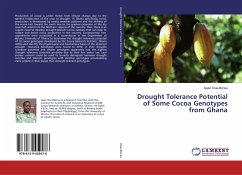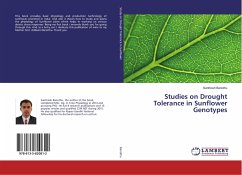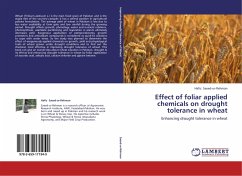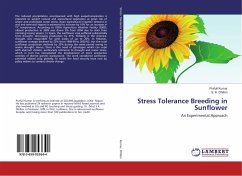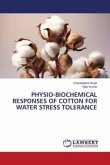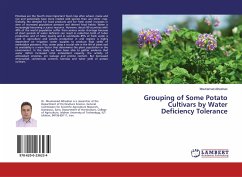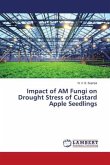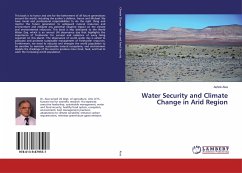Production of cocoa is under threat from climate change due to the general intolerance of the crop to drought. In Ghana specifically, cocoa production is threatened by erratic weather patterns and the shifting of the cocoa belt toward the south due to the gradual extension of the dry savannah areas from the Northern regions of the country. Thus, there is an urgent need to develop drought-tolerant cocoa cultivars that can help to sustain and boost cocoa production in the country. Consequently, two experiments were conducted in a screenhouse in the Department of Botany, University of Ghana to determine the drought tolerance potential of 10 cocoa genotypes developed by the Cocoa Research Institute, Ghana (CRIG) and identify the physiological and biochemical bases of the observed drought tolerance. Genotypes were found to differ in their drought tolerance potential and smaller genotypes apparently had the highest drought tolerance potential probably due to their low water use. Leaf proline content could be used to broadly distinguish between drought sensitive and tolerant genotypes with sensitive genotypes accumulating more proline in their leaves than drought-tolerant genotypes.
Bitte wählen Sie Ihr Anliegen aus.
Rechnungen
Retourenschein anfordern
Bestellstatus
Storno

